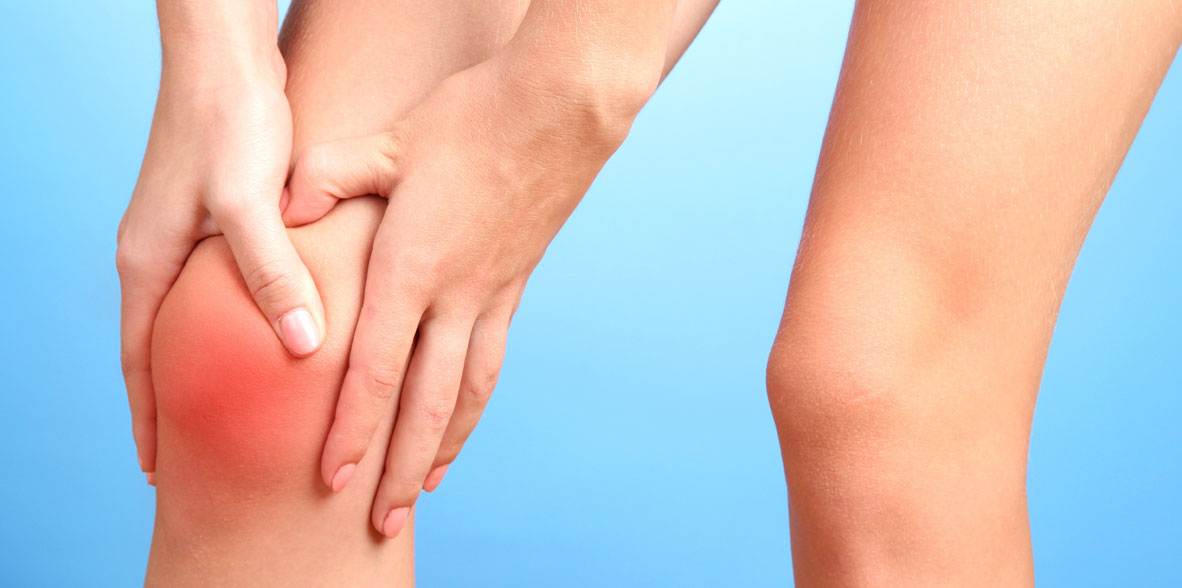

 Centro Médico Teknonen/health-centers/centro-medico-teknon
Centro Médico Teknonen/health-centers/centro-medico-teknon- Centro Médico Teknonen/health-centers/centro-medico-teknonHospital Universitari General de Catalunyaen/health-centers/hospital-universitari-general-catalunya
 Centro Médico Teknonen/health-centers/centro-medico-teknonHospital Universitari Sagrat Coren/health-centers/hospital-universitari-sagrat-cor
Centro Médico Teknonen/health-centers/centro-medico-teknonHospital Universitari Sagrat Coren/health-centers/hospital-universitari-sagrat-cor
Spondylolisthesis is a condition in which one vertebra slips forward on the adjacent vertebra. It can occur anywhere in the spine, but is most common in the lumbar (lower back) region. The reasons may be several:
- Spondylolysis: A fracture or weakness in a small piece of bone in the posterior facet joint of the spine. This can occur as a result of repetitive stress on the spine, such as in impact sports or activities that require hyperextension of the spine.
- Intervertebral disc degeneration: Wear and degeneration of the intervertebral discs can cause a loss of disc height, which contributes to the sliding of one vertebra over another.
- Congenital conditions: Some people may be born with abnormal spinal anatomy that predisposes them to spondylolisthesis.
Low back pain associated with spondylolisthesis can be caused by several factors:
- Nerve compression: The sliding of one vertebra over another can narrow the spinal canal and compress the nerve roots exiting the spinal cord. This can cause lower back pain, as well as sciatica symptoms, such as pain, numbness, and weakness that radiates down the legs.
- Spinal instability: Spondylolisthesis can cause instability in the spine, which can cause strain on the surrounding muscles and ligaments, causing pain.
- Additional degeneration: Spondylolisthesis can accelerate the degeneration process of the spine, which can contribute to increased low back pain over time.
Treatment of spondylolisthesis depends on several factors, including the severity of the condition, the patient's symptoms, and their activity level. Treatment may include physical therapy, pain medications, steroid injections, and, in more severe cases, surgery to stabilize the spine and relieve nerve compression.
The prognosis for spondylolisthesis depends on the degree of vertebral slippage, response to treatment, and other individual factors. In many cases, low back pain associated with spondylolisthesis can be successfully controlled with conservative treatment, although in some cases surgery may be necessary.



































